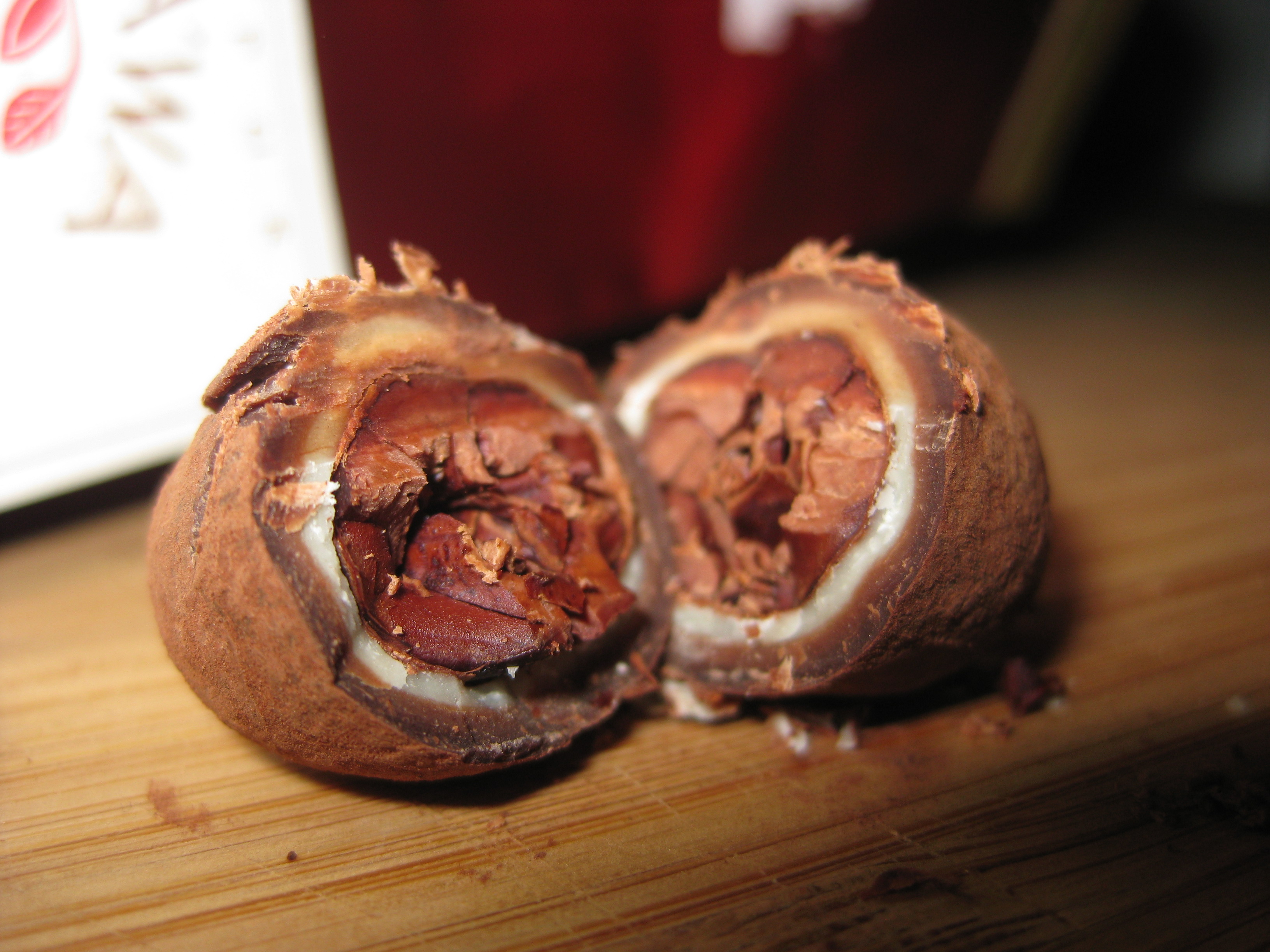By Kia Dunbar-Harris
Guilt (n):
(1) responsibility for a crime or for doing something bad or wrong; or
(2) a bad feeling caused by knowing or thinking that you have done something bad or wrong.
For a long time I’ve struggled to find the words to describe how, on most days, I feel. Then I stumbled upon a great article describing a term I had never heard of before: “mommy guilt.” Everything in the article explained the feelings I’ve had ever since my daughter was born. I know I’m probably late, but, well, whatever.
My daughter is the most charismatic, energetic and pleasant little girl you will ever meet. She is wise beyond her years and has the biggest heart. I can’t imagine my life without her, but before I had her I didn’t even want her.
Let me explain.
As a college student, having a baby was the furthest thing from my mind. In fact, I remember telling my mother that I did not want to get married and I was probably never having any children.
As a young twenty something woman, I was well on my way to having a successful career as a nurse and a naval officer. I had dreams of traveling the world and being promoted up the ranks to someday being a Navy Captain, an Admiral even. My priorities changed when I met my husband, and at 27 years old, was actually married.
Soon after we got married, I found out I was pregnant. I wondered: Do I re-enlist for another commitment with the US Navy? Or do I get out with an honorable discharge? It was one of the hardest decisions I’ve ever made.
You see, when I was four months pregnant, I was ordered to go to Guantanamo Bay to give chemotherapy to Iraqi detainees. I remember boarding the small plane thinking of nothing but the safety of my child. I had no idea what to expect when I stepped off the plane. What kind of danger or harm would come to my baby or me?
At that moment I realized that being a mom was more important to me than being a sailor, as much as I loved it. I owed it to my child to provide her a stable home and environment. I did not want to leave her on while I was on deployment or force her to leave her family and friends every four years. I didn’t want to do that anymore. I wanted to create a home for her. Somewhere safe and comforting like the home my mom created for me.
But although I resigned from the Navy, it did not stop my ambition as a nurse. I finished grad school and was blessed to receive promotion after promotion, my own version of the Jeffersons’ “moving on up.” But the higher the position, the more responsibility. And the more responsibility, the more time spent working.
Even though I’m not in the Navy anymore, I still feel guilty.
I spend many hours at work. Some evenings, I have to bring work home and it is not unusual for me to put in a few hours on the weekends. While I am trying to be a role model of a successful woman and make a better life for her, at times, I feel like I am missing out. There have been days when I’ve come home from work only in time to tuck her in at night. When I’m not at work, I feel like all of my time should be devoted to her to make up for all of the hours I am away from home. That time adds up, but yet I still feel like it just isn’t enough.
I’m sure some people, my husband included, feel that I over indulge my daughter. It’s probably true — it’s my way of compensating for the time I’m not with her. But is there really anything wrong with that? Am I wrong to make her think the world revolves around her when we are together because I want her to know how important she is to me? I want her to know that I am present in the moment.
Because no matter how many times she tells me she loves me and that “I’m the best mom ever,” I doubt the truth of those words.
It’s likely a part of who I am; I always feel the need to be better and do better. But, in the end, I always feel guilty because, in my eyes, I am still not doing enough. With each field trip I can’t chaperone, each morning I am not able to drop her off at school, each day I am not available to greet her after school, my heart sinks lower and lower in my chest.
I know I’m not the only one who feels this way. The article I read is a testament to that. But it doesn’t stop me from feeling bad. Because, truth be told, I still wish about “what if:” “I would be further in my career if I wasn’t a mom” or “I wish I was still in the Navy.” Of course, I love my daughter with all my heart and I love being a mom.
Still…
Sigh.
Signing off . . . and feeling guilty.
Kia Dunbar- Harris, RN, MSN, ACM, was born and raised in Philadelphia, PA and is a graduate of Temple University and Walden University. Kia is married with two children, one daughter and a stepson. Kia was commissioned as a US Naval Officer in 2004 and served four years active duty as a Nurse Corps officer and four more years as a reservist. She currently resides in Virginia Beach, Virginia.







